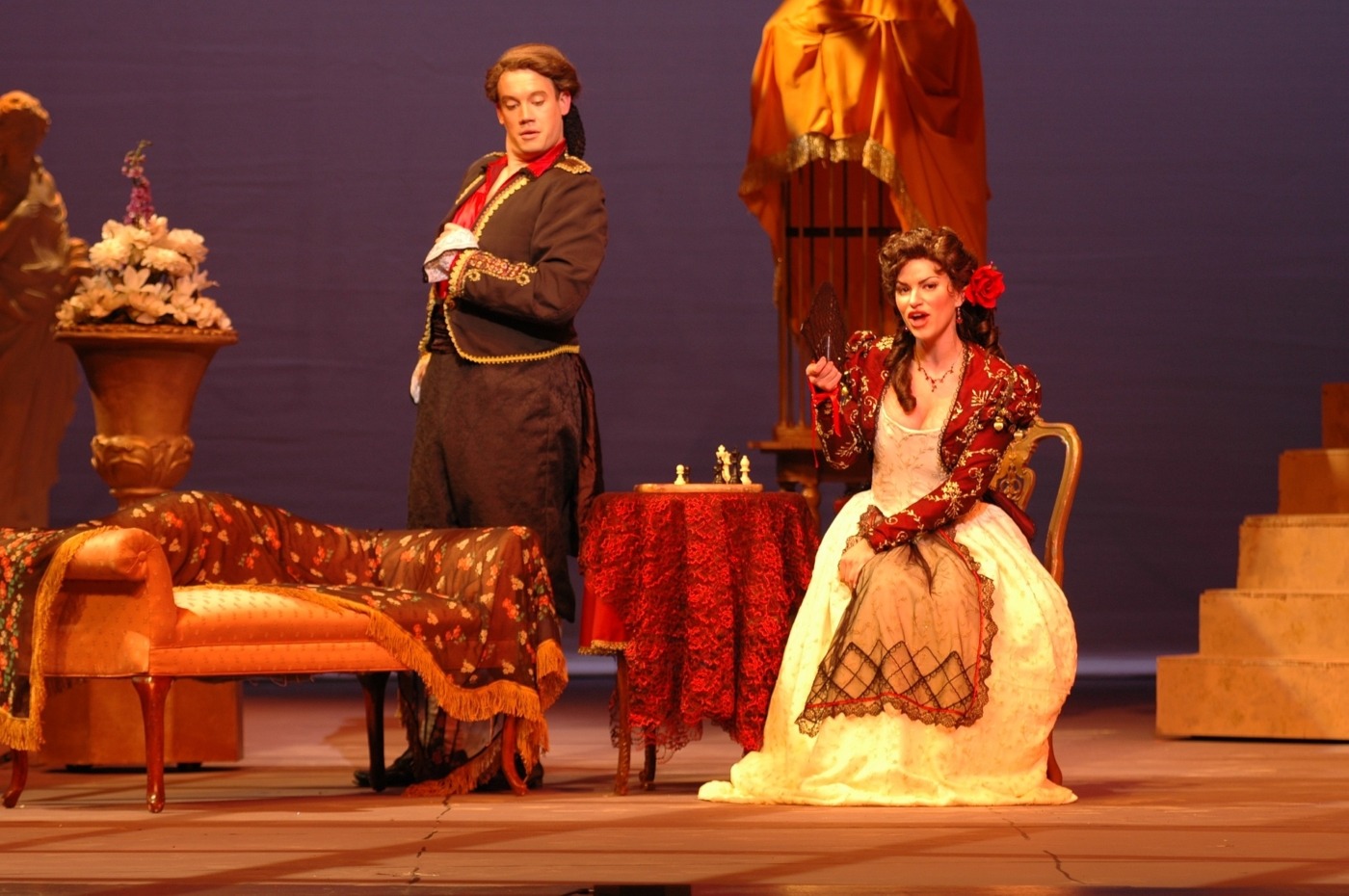Body shaming on the stage
You might be familiar with the old saying, “It ain’t over until the fat lady sings”. The stereotypical opera singer is a voluptuous woman who warbles in Italian and wears a heavily-adorned ballgown. As such, I naively believed that the world of opera was body-positive. I thought of it as one of the few arts in which the larger lady was rightly accepted as the romantic lead, the heroine, the star. It did not matter whether she was plus-sized or slim, as long as she could sing.
Unfortunately, society’s insidious culture of body-shaming is inescapable. Opera stars are, like other performers, subjected to typecasting, snide remarks by critics, and discrimination.
American soprano, Katheryn Lewek, who recently starred in Orpheus in the Underworld at the Salzburg Festival in Austria, was labelled “fat”, “buxom” and “stocky-looking” by reviewers. Lewek was particularly riled by one critic, Manuel Brug, who referred to the production’s female cast as “fat women in tight corsets spreading their legs.”
The singer, understandably, lashed out at her critics’ “antiquated” and “derogatory” comments, questioning why they seemed intent on reviewing her “postpartum mom-bod” instead of the show.
This experience has opened my eyes to how rampant this verbal abuse and harassment is in our little corner of the artistic world
Katheryn Lewek
After the backlash, Brug wrote a second piece defending himself and spewing yet more derogatory rhetoric at Lewek’s direction. “If she is so sensitive”, he said, “why is she showing herself the whole time in this corset? It is interesting that the thin ladies on stage all had dresses and the not so thin ones have costumes where you see a lot of her weight.”
Lewek recently gave birth to a baby girl, and was scheduled to return to singing just six weeks after her daughter was born. Following a complicated labour, she faced postpartum anxiety and exhaustion. She continued to perform whilst taking care of her new baby and breastfed in-between rehearsals and arias.
In response to her critics, she tweeted: “I never expected public condemnations of my body at my most vulnerable time. Body shaming is not new, nor is the fight against it. This experience has opened my eyes to how rampant this verbal abuse and harassment is in our little corner of the artistic world.”
Verbal abuse and harassment truly do seem to be rampant in this little corner of the artistic world, but it’s also an issue that stretches far beyond opera.
Young people entering the theatre industry for the first time are finding themselves judged solely on their looks
Classically trained singer, Stephanie Lexis has created a social media campaign called ‘The Broadway Body Positivity Project’, which brings to light the fierce culture of body-shaming within the theatre and music industries.
One woman contributed: “I have been typecast out of so many projects because of the way I look. It is hard to differentiate because it happens so often. I cannot tell you how many times I have blown the panel away only to find out ‘they don’t know what to do with me.’”
Another woman claimed that her director “said at least once during every rehearsal: ‘Now ladies, you better watch those waistlines over the holidays! You still need to fit in your costumes!’”
This rhetoric is disturbing, and has very real consequences. Young people entering the theatre industry for the first time are finding themselves judged solely on their looks. In 2018, producer Tom Harrop shockingly revealed that some actors were stripped and weighed at their drama school auditions. This prompted Olivier award-winning actress, Rebecca Trehearn to admit that when she was a 20-year-old, newly-fledged actress, her agent told her that she “should lose at least a stone and a half”.
All that is important is that the lady can sing
It is appalling that cultured professionals, people who have influence and respect within the artistic fields, continue to use hurtful language to shame people’s bodies. And it’s not just professionals who are resorting to using cruelty to shame actors and performers. Social media is intensifying the toxic culture.
When it was announced that Carrie Hope Fletcher had been cast to play Veronica Sawyer in Heathers, she became the subject of online abuse, much of which revolved around her physique. One person reportedly asked, “When did they decide Veronica Sawyer would be so fat and unattractive?” The attacks impacted Fletcher so deeply that she considered dropping out of the show.
Evidently, body-shaming continues to infiltrate the stage, and steps should be put in place to eliminate this discriminatory culture within theatre, opera and beyond. It is unbelievable that we are still having this conversation in 2019. Are we really worried about whether it is a “fat lady” who sings? Quite frankly, I could not care less whether she is fat or slim, bald or hairy, or has scales instead of skin. All that is important is that the lady can sing.

Comments